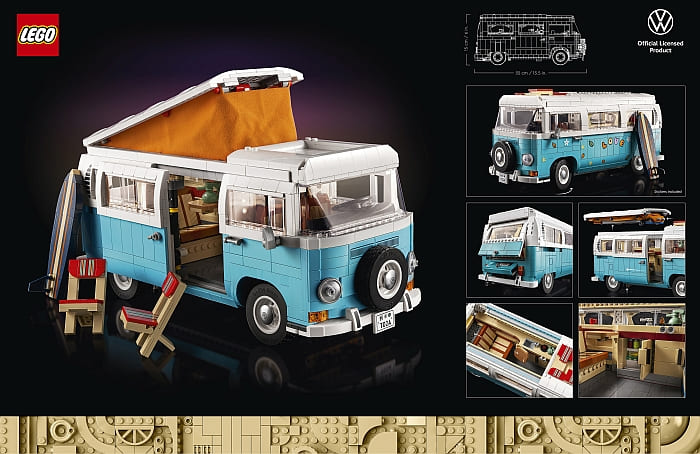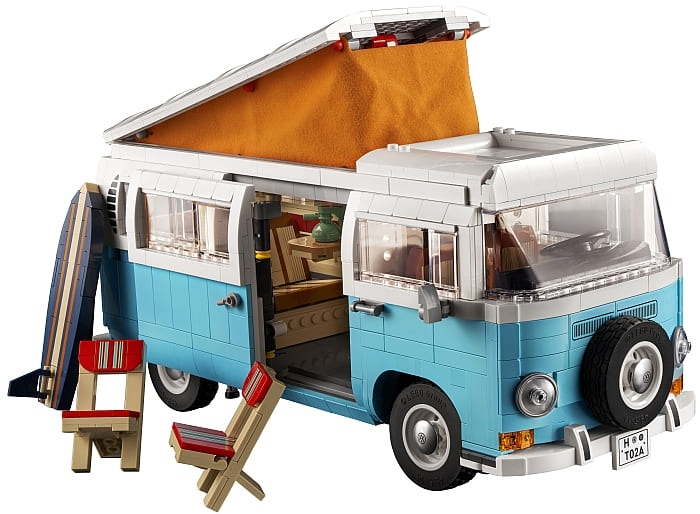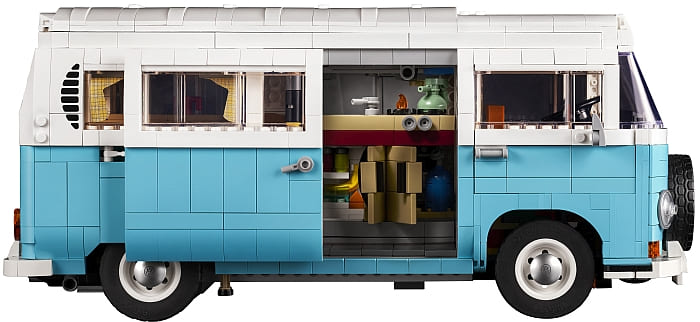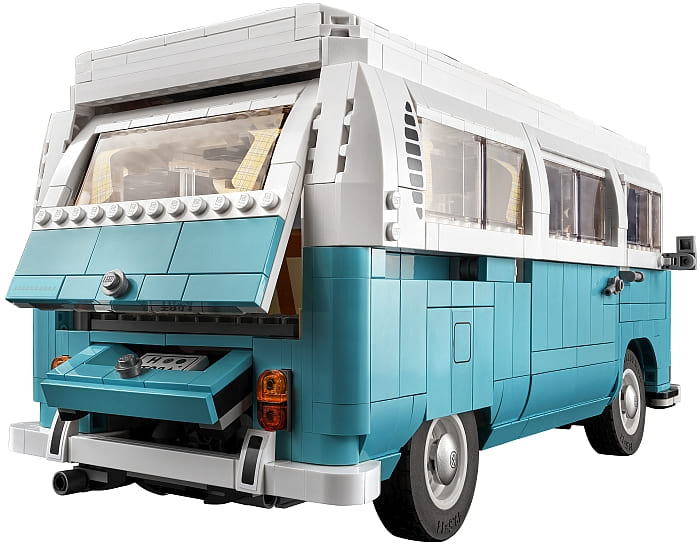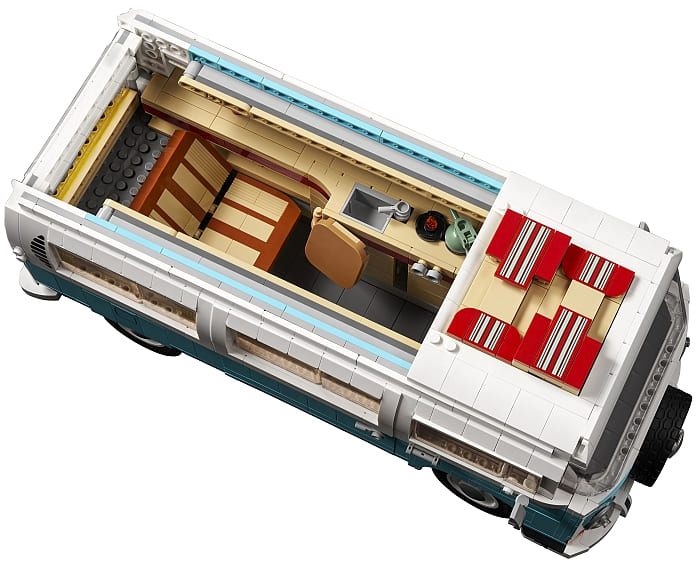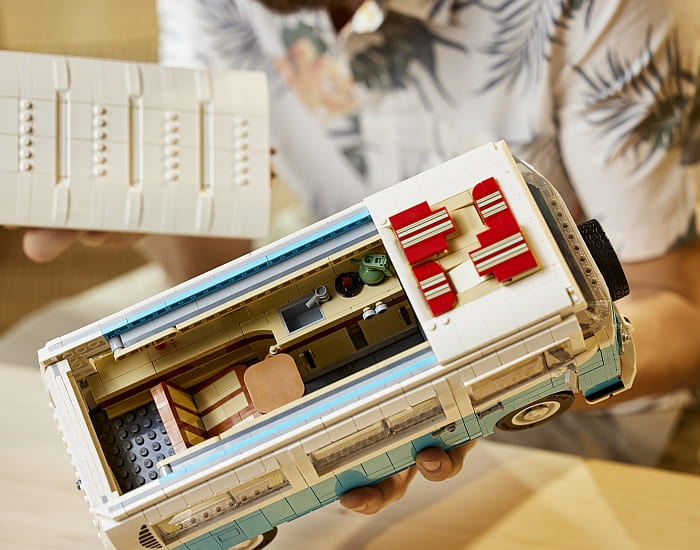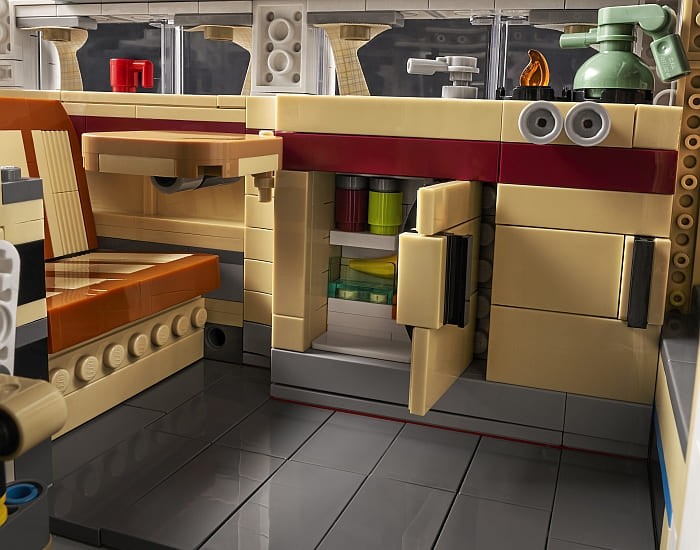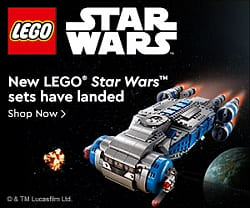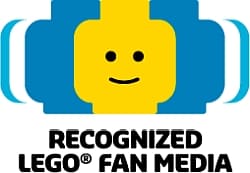As we discussed recently, the first round of the BrickLink Designer Program took place on July 1st. You can read more about the program in the original announcement here: BrickLink Designer Program Details Revealed and the update here: BrickLink Designer Program – First Round Funding. To recap, the BrickLink Designer Program gave a second chance to a select number of LEGO Ideas projects that achieved 10,000 votes but weren’t chosen to become official LEGO sets, and were opened up for crowdfunding. The program received overwhelmingly positive response, and in fact the first round went a little too well, exceeding all expectations. Projects met their funding goals and sold out so fast that many LEGO fans never had the chance to participate. This created a lot of disappointment in the LEGO fan community, so much so that LEGO decided to release an official response, which you can read below.
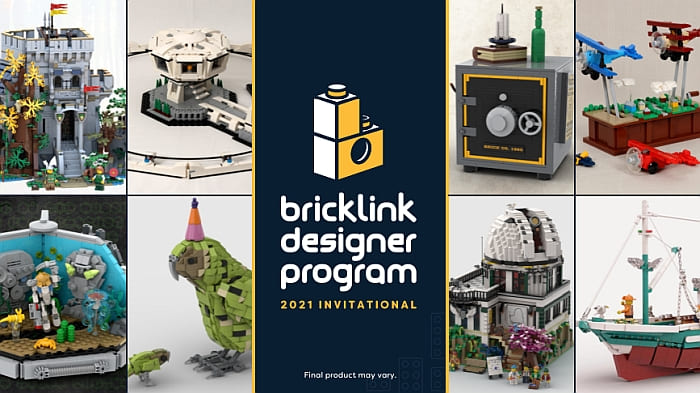
Bricklink’s Response To Feedback Regarding Bricklink Designer Program Round 1 Crowdfunding
Thank you for the incredible interest you showed in the BrickLink Designer Program. We have been blown away by the response. As with any new endeavor, some things went well, and others didn’t go as planned.
What Worked
Based on our first round of crowdfunding, we believe the BrickLink Designer Program has strong potential. Your interest exceeds all our expectations. The portfolio of products is strong, and the designers are a joy to work with. We are looking forward to preparing for Rounds 2 and 3. However, there are a few things we need to address urgently with Round 1.
What Needs To Be Improved
Thanks to everyone who shared comments and feedback with us over the past week. While we understand many of you are frustrated, we are grateful for your quick and clear input. There are four areas we want to address:
- Site performance
- Limited production of 5,000 units of each set & ordering glitch
- Order limits of five sets per customer
- Shipping limited to countries serviced by the Online LEGO Shop
Site Performance & Server Capacity
When the crowdfunding went live on Thursday July 1, the traffic to the site overloaded BrickLink’s servers. This meant some users couldn’t place their orders in time and for many, the site grounded to a halt. We apologize for any disappointment this caused. We are currently reviewing server capacity.
Limited Production & Ordering Glitch
The limit of 5,000 units per set was based on the AFOL Designer Program run in 2019. For that release, we produced 2,500 sets, which didn’t all sell out. We obviously underestimated the appeal of the BrickLink Designer Program sets and because of that, we will double the limit for future releases.
The high level of demand was compounded by the site performance issues. An ordering glitch meant that people were able to pre-order 5,000 additional Castle in the Forest sets, which means we’ve received orders for 10,000 sets. We have talked to many of you in the community about how to address this and have decided on the following actions:
- Produce 10,000 of the Castle in the Forest sets so we can deliver to everyone who ordered.
- Re-opening pre-ordering for round 1 on August 3rd to allow the four projects – Kakapo, Great Fishing Boat, Sheriff’s Safe and Pursuit of Flight – to also sell up to 10,000 sets.
- Increase production for crowdfunding rounds 2 and 3 to 10,000 each to meet demand.
We appreciate that this approach may not satisfy everyone, but we had to balance meeting users’ expectations with offering a fair outcome, so all designers had the chance to sell the same number of sets and the potential to dilute some of the exclusivity that comes with doubling the number of sets available. We hope you understand.
Increasing production will delay shipping and future rounds of crowdfunding. Since we are doubling the production run, the additional 5,000 sets for Round 1 will be shipped in June 2022, as opposed to January 2022. This will also delay the release of Rounds 2 & 3. The final plan for this will be communicated at a later stage. If, because of these changes, you wish to cancel the sets you’ve pre-ordered, please contact LEGO Customer Service.
Order Limits of Five Per Customer
We initially set the maximum order quantity at five per customer. Unfortunately, we saw a very small number of opportunistic customers hoarding sets and re-selling them for inflated prices. We’re disappointed by this as it wasn’t our intention to enable such behavior. We want everyone to have an opportunity to get a hold of a set, so going forward, we will set a maximum order limit of 1 set per customer. This will apply from when we re-open Round 1 to additional orders and to future crowdfunding rounds. It’s important to point out that 75% of orders for Castle in the Forest were for one set – so we’d like to thank you for being considerate of other fans.
Shipping Limited to Online LEGO Shop Countries
We have decided to sell BrickLink Designer Program sets through the Online LEGO Shop to give you a smooth shipping and support process. Unfortunately, this also limits the countries to which we can ship. For now, we plan to continue to use the Online LEGO Shop and not offer additional shipping destinations.
In Summary
- For Round 1, we will increase the number of sets available from 5,000 to 10,000. Castle in the Forest has already reached this amount. The four other sets will re-open to additional pre-ordering on August 3rd , but it will not be possible to pre-order additional Castle in the Forest sets. The additional production run will delay shipping and release dates for crowdfunding rounds 2 and 3.
- All future pre-orders will have a quantity limit of 1.
- Unfortunately, in the current Online LEGO Shop setup we are not able to ship to additional countries.
Again, we apologize for any disappointment and hope that the steps outlined above go some way to address the concerns raised. Thank you for your patience, feedback and support for the BrickLink Designer Program. We look forward to building a better experience moving forward.
Sincerely, The BrickLink Team
What do you think? Did you participate in Round 1 of the BrickLink Designer Program? Were you able to order the projects you wanted? And what do you think about the LEGO’s response to the issues that came up during Round 1? Feel free to share your thoughts and discuss in the comment section below!
And you might also like to check out the following related posts:


